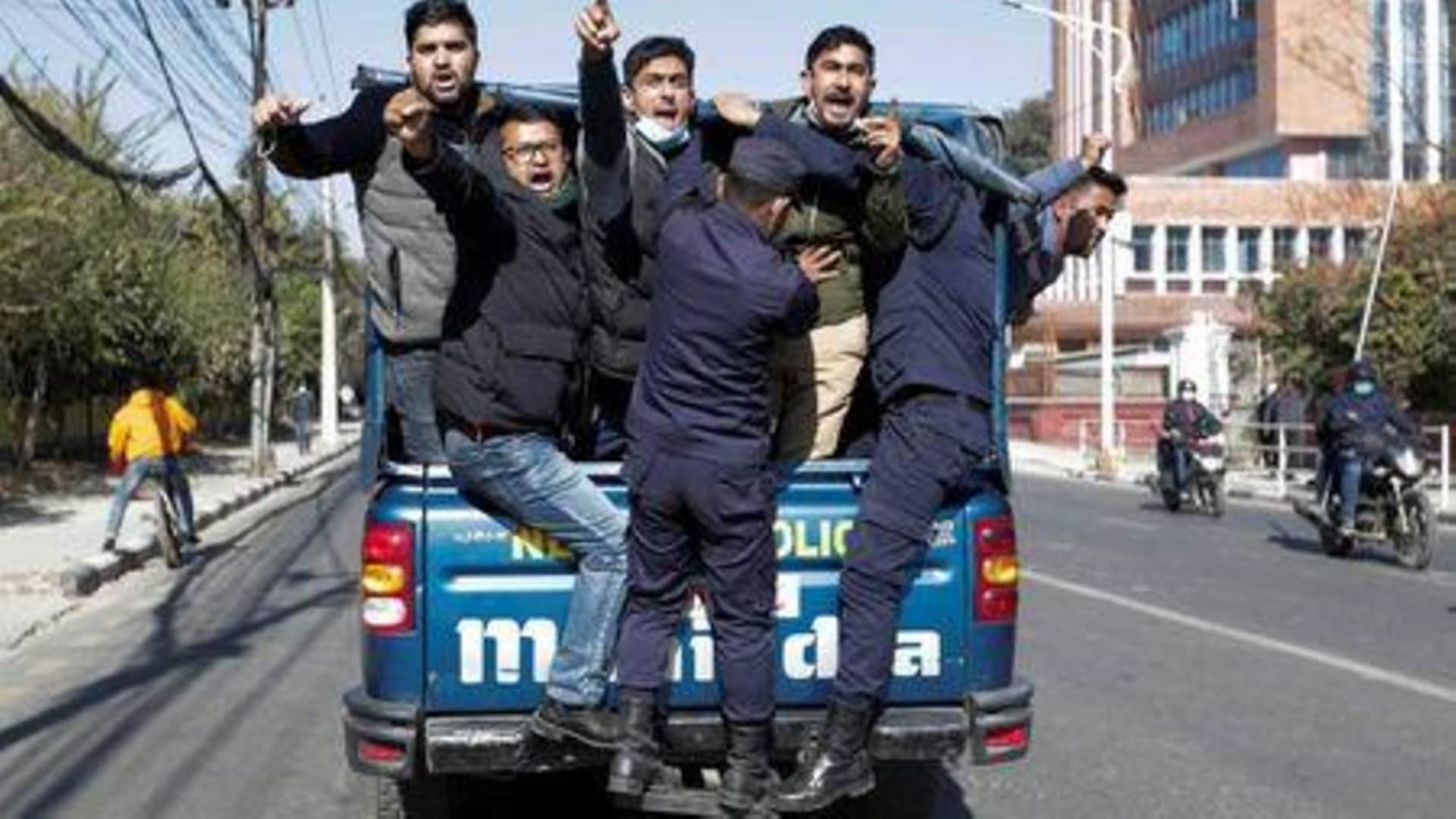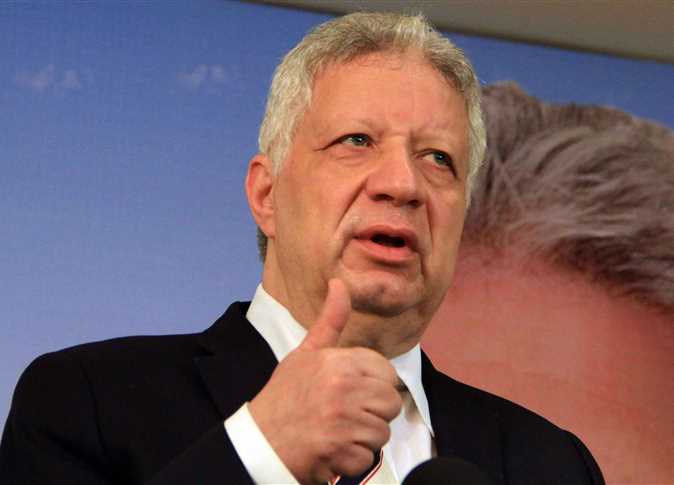“Egypt will have free elections one day — I will vote in those, but not these!” declared a long-time labor activist whose work I deeply respect. When I suggested he should vote he was angered. “Why should I participate in rigged elections run by criminals?” he demanded. “Because you can,” I retorted. I felt slightly stupid until I went home and thought out why I believe what I said. I’m not sold on democracy; I have yet to find the majority I belong to and wouldn’t mind being ruled by, nor do I believe that elections express ideals or choices so much as vested interests and a talent for logistics (i.e. the ability to mobilize the vote). But in Egypt right now, I see no other way to engage the wider public in a national debate, to raise awareness of civil rights/duties while building a political system that comprises real and not rhetorical options.
To all those who wish to boycott the vote: I hear you but you’re not helping. Yes, these elections are deeply flawed, yes they're being run by a military that is guilty of crimes against its own people, yes they may be seen as a play to persuade the public (here and abroad) to overlook those crimes as part of Egypt’s "struggle for democracy," yes they provide a means of pacifying a people overcome with anger and confusion while turning them against the agitators in the midan, yes the public has not had time to properly develop much less consider its political alternatives. Yes, to all these points, which by the way, I heard from Egyptians waiting at the polls who nonetheless were convinced that voting mattered.
Indeed, the pragmatism I encountered in several Sayeda Zeinab polling stations stands in sharp contrast to the sentiments of Egyptians who chose to boycott. A young voter told me he was in Mohammed Mahmoud Street throwing stones at the police last week, “but now I’m here to vote” he said, and saw no contradiction in his actions. He tried one option — to fight — and now wanted to try being part of a process that however imperfect he found preferable to violence. I respect him more than those who fear that to vote is to "betray the martyrs," which to me is the merest maundering. Given the choice between dying heroically for a cause and living constructively to uphold it, I think most people would choose the latter. We do the best we can to make a difference with the life we’ve got and if that sounds like compromise, look around you.
Egyptian society is not the only one built on compromise, but it offers a graphic example: these chaotic streets approximate a city, these concrete boxes, schools, this shapeless abyss, a future. Egypt did not come to this pass overnight, where liberal discourse is ineffectual. Thanks to a variety of oppressive tactics, people have long agreed to object in private while getting on, approximately, with their lives. It is unrealistic to imagine that this cumulative inertia can be swiftly reversed.
Compromise, however, is not a passive affair, but a matter of choosing your battles. Survival of our selves, families and friends was often deemed more urgent than the advancement of society as a whole. Now that individual and collective survival is equally threatened and the time has come to take a stand, saying “no” isn’t enough. Thinking back on the referendums that determined Egypt’s last three presidents, I recall how multi-party elections were one of the political possibilities Egyptians longed for. Well here they are, however approximate or compromised, and it will take several more elections, and the trial, error and controversy they entail, to raise the standards of conduct and participation, the quality of political contenders and their ability to mobilize the vote. Why not start now?
The FJP will dominate these elections not because of ideology, but organization which no one else has except the military and which Egyptians deeply admire. The liberal opposition to military rule and/or religiously-oriented politics is not organized. For numerous reasons it is unfocused, self-divided, and increasingly marginalized. My liberal and activist friends want real change and many, idealistically, want it now. They believe in democracy but feel it’s wrong to vote unless the conditions are just right. They object to the SCAF’s dictatorial tactics, yet would dictate who must be appointed to a national salvation government. (More than one voter I spoke to was anxious to point out this contradiction.) They object to flawed elections, but flawed demonstrations — amorphous gatherings characterized more by indignation than a concerted effort to communicate and reach consensus — are deemed constructive.
There are a host of reasons to protest in Tahrir and elsewhere, but when will someone formulate, prioritize and promote them to the wider public through other political means, i.e. help transform dissent into systematic action? Egypt’s greatest societal strengths include unflinching pragmatism, a willingness to talk, distaste for bloodshed and a will to act responsibly, yet these qualities are being discounted precisely by those who wish to "protect the revolution."
Many Egyptian voters desperately wish for the chance to do something constructive even while admitting they are uncertain what that might be. The boycotters should be standing beside them, and hearing the extent to which their concerns and assessments match. Soon another vast segment of the population will cast their ballot. What will we do in the precious meantime? I say share your information and ideas because people are open to listening, and vote because you can. Withholding your voice and presence now, on whatever principle, is pointless. That’s what got us here in the first place.
Maria Golia, a long-time resident of Egypt, is the author of Cairo, City of Sand (2004) and Photography and Egypt (2010).




